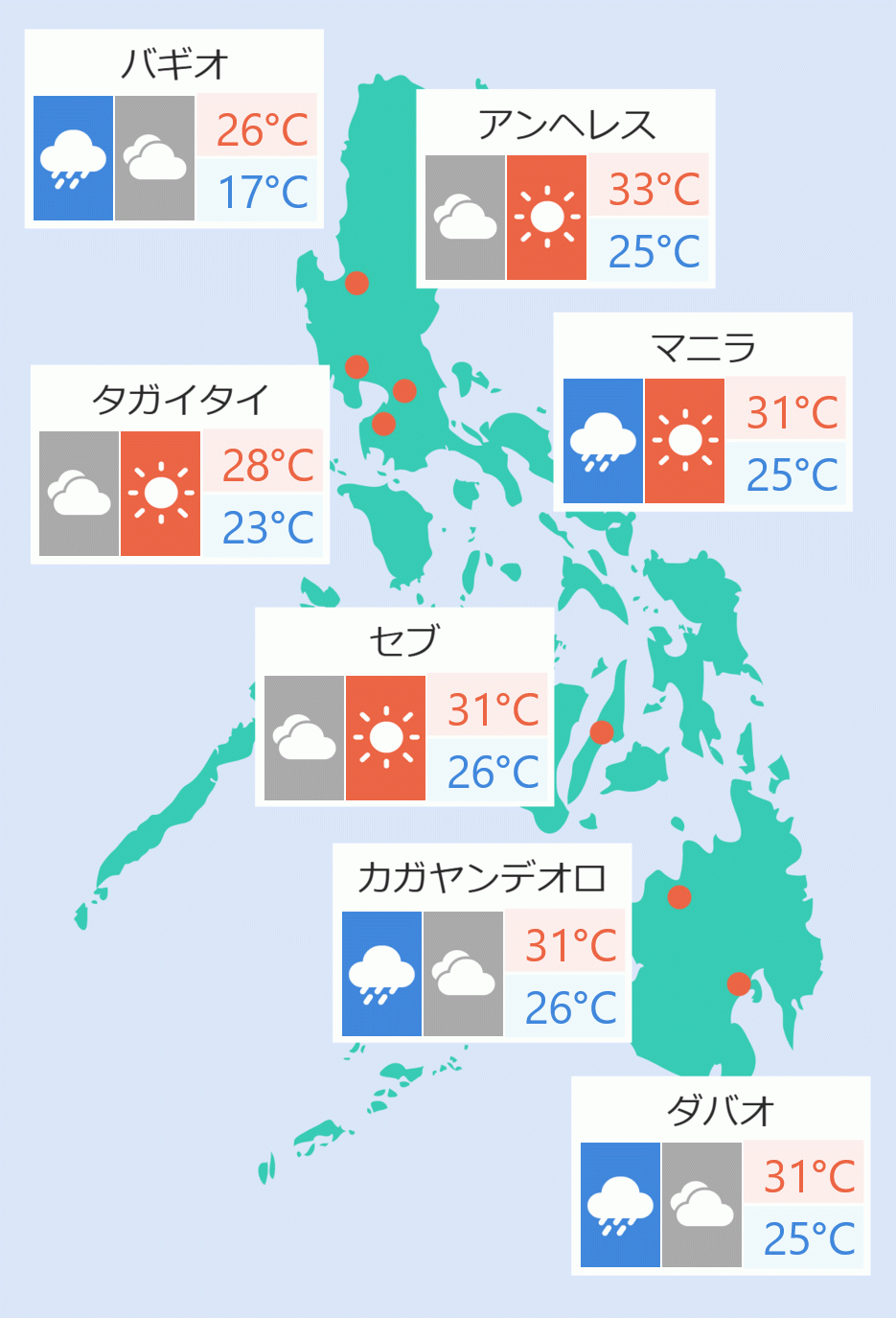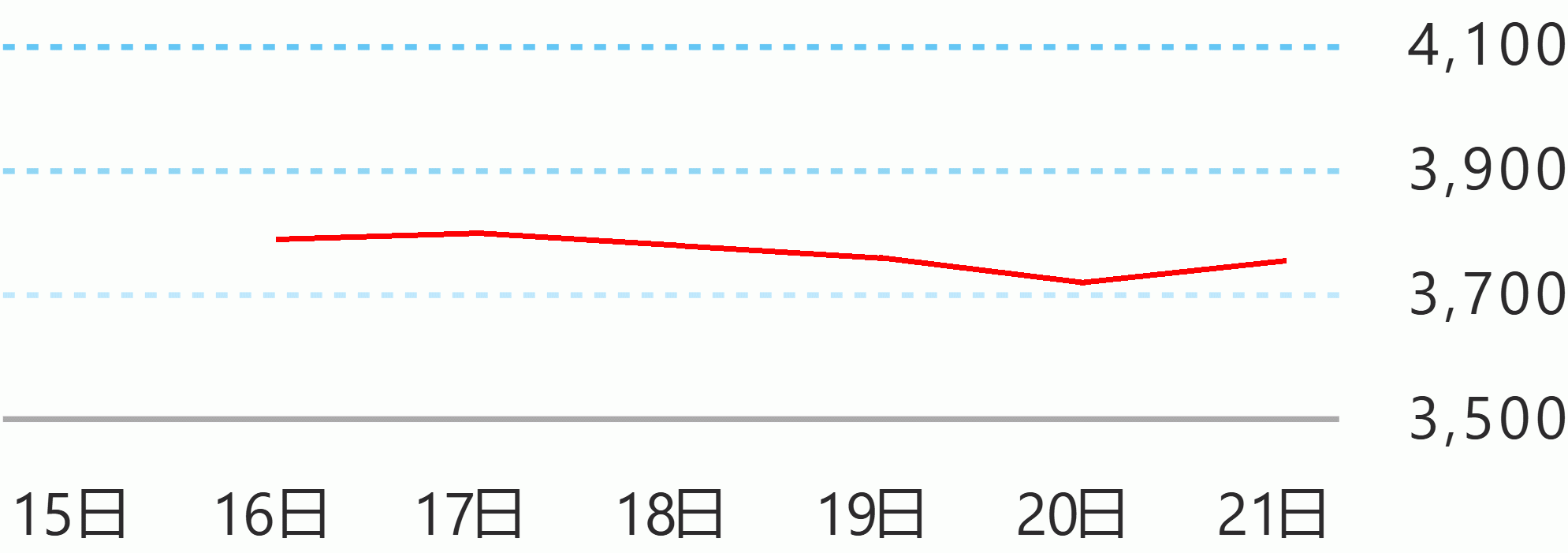“Japan will continue to cooperate with the Philippines to enhance its cybersecurity capabilities and to uphold a free, fair, and secure cyberspace for all,” he said.
Information and Technology Secretary Henry Aguda delivered a critical assessment of the Philippines’ digital trajectory, warning that the country’s declining digital competitiveness is a national survival issue.
“Digital disruption is not a theory. It is a survival issue, hand in hand with cybersecurity,” Aguda said.
Aguda cited the drop in the digital economy’s contribution to GDP—now at 8.4 percent in 2024—as a key indicator of stagnation.
“This is unacceptable… This is about people,” he emphasized.
He outlined the administration’s accelerated strategy: rapid digital infrastructure rollout, aggressive digital adoption, and tightened digital governance, noting that government and industry must act collectively to regain momentum.
“We are aiming for hyper-exponential growth. Some say it’s impossible. To them I say, watch us work,” Aguda said.
The forum also featured a multilateral panel with Australian Ambassador Marc Innes-Brown, Canadian Ambassador David Hartman, and EU Ambassador Massimo Santoro, who emphasized: deeper cross-border intelligence-sharing, integrated national incident-response mechanisms and stronger public-private cybersecurity partnerships
The discussions highlighted how cyber risks are shifting from conventional hacking to AI-driven threats, critical infrastructure vulnerabilities, and geopolitical cyber influence operations—issues now central to digital security across the Indo-Pacific. DMS





 English
English









